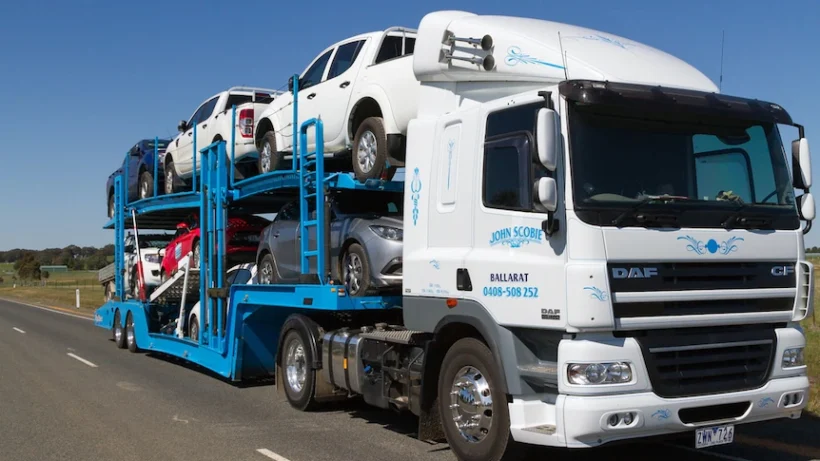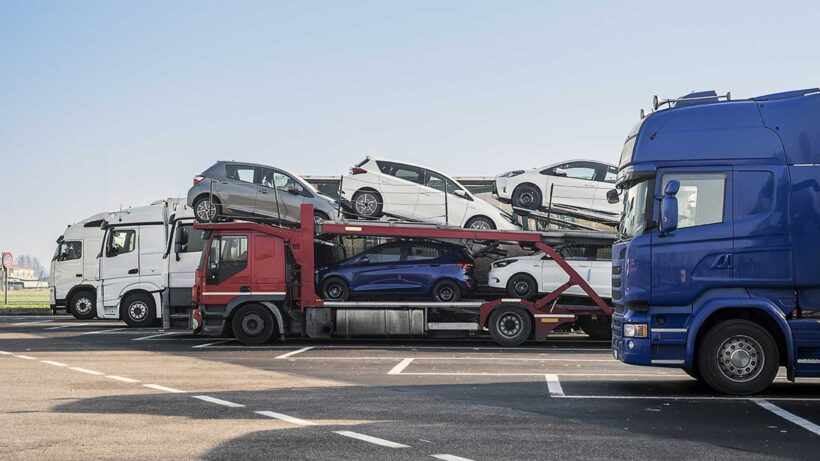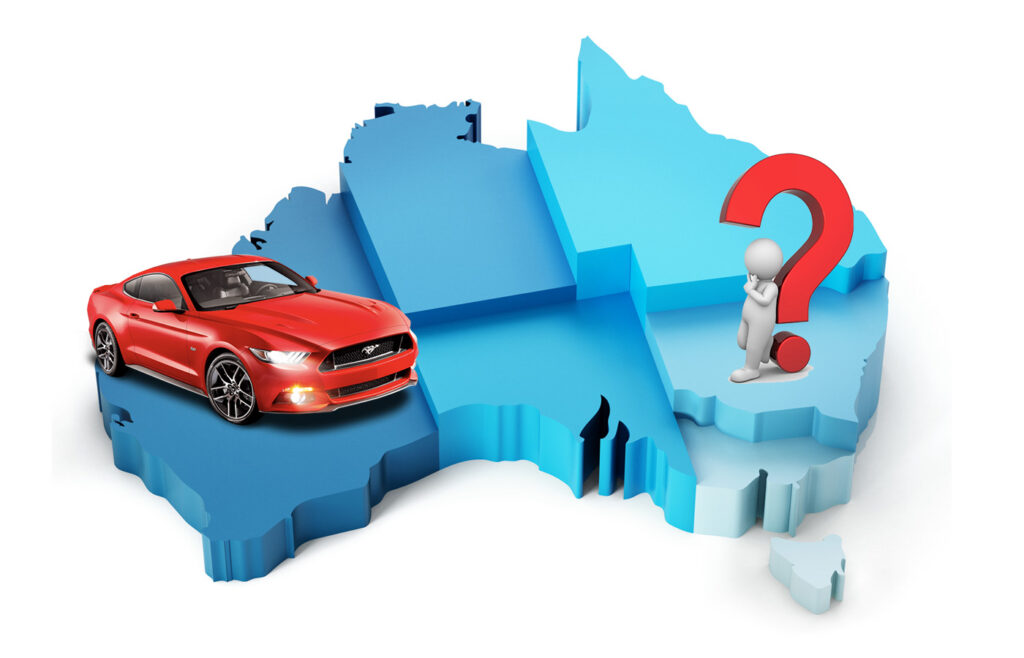Making a decision to buy a new vehicle for yourself and your family is a big one and the future car owners are usually quite excited. However, it is anything but easy to do because there is an incredible amount of vehicles to browse through. There are also many places to get the car from, so how do you make the final decision and proceed with the purchase? Well, you must first decide on the type, the budget, and eliminate at least some options. Narrowing down the search can also be tricky though especially if you do not know what you want.
A popular way of buying a car these days in choosing the interstate option. When buying interstate cars, the customers have a larger range of vehicles to choose from. Still, the most important reason why one would buy such a vehicle is the cheaper purchase price. Despite all of these initial positives it is still an overwhelming process as it involves a lot of work on multiple fronts. Worry not though as we have you covered. In this article we talk about what you need to keep in mind before buying an interstate car. Read on to learn more information about this type of personal vehicle purchase and be sure to check out intraffic.com.au for additional tips and advice.
1. Know what it implies

Before choosing a service and proceeding with paying for it, you have to know nearly everything there is to know about it. This means that you should not buy an interstate car unless you know what this whole thing even means. You can think of it as buying a car blindly, one that is far away from where you are located and that needs to be delivered to you. Apart from the car itself, several other things need to be negotiated. Mainly, you will have to organize the transport from the car’s current location to an interstate processing center. There, the car is processed, cleaned, and registered, and then delivered to the customer’s home or wherever they need it. It is a whole service that you are employing, but there are many other things you have to think about.
2. You must have it inspected
Since you are going in blindly and cannot actually view the car before the purchase, you have to invest in a professional’s opinion. This means that you have to find an experienced mechanic who will inspect the car for you and tell you whether or not there is something wrong with it. It can be somewhat expensive and set you back a few hundred bucks, but it saves you from headaches down the line and allows you to sleep better knowing your car is safe. As this is a popular method of buying a car, you should have no trouble contacting and hiring local mechanics wherever your car is located.
3. There should be a background check

Whenever you are buying a used car, there has to be a background check performed on it. This is done to ensure that the vehicle has not been used for some illegal dealings, to know if it was involved in accidents, as well as to have an insight into its service and repair history. All you need is the VIN of your car, the vehicle identification number. You can find the full vehicle history report on any car as long as you have the VIN. Apart from aforementioned things, you have to know if there is an outstanding debt on the car, that it was never stolen, or that it has not been written off. This is a quick and cheap thing to do so be sure to do it prior to making the purchase.
4. Transportation can be an issue
Buying a vehicle and have it transported from a different state is usually a daunting task to do. Luckily, you will probably not be dealing with it alone. Unless you plan to pick up the car yourself and drive it back all the way home, you will have to get it delivered. As mentioned earlier, this whole thing is done easier if you leave it to the interstate business people you will be collaborating with during the purchase. You will be free to pick the transportation solutions, security measures, and how quickly you want the delivery. Be sure to protect the car as much as you can and to get transportation insurance just in case. The transportation itself can range anywhere from a few hundred dollars to over a thousand.
5. Certificates and being roadworthy

Purchasing a vehicle does not just mean being handed the keys and driving it. You also need to transfer the car registration to your name, as well as your state. Different states require different paperwork and certificates before the vehicle can be deemed roadworthy within the borders. In order to make sure everything is well with this, you could check the car with a certified roadworthy tester. You should be able to find one during your interstate purchase, probably right on the website when you start negotiation the transportation. Each state has a few top of the line registration and certification offices for all sorts of vehicles, from cars and trucks to motorcycles and trailers.
Conclusion and Takeaways
Buying a new car is a sort of a new chapter in the life of the new owner. It is an exciting time because you are getting an exciting new vehicle to get you places. Driving it will feel new and fresh, you will have a smile on your face for a long time, and you will be able to do more with the new car than with the old one. However, before all of this can happen there needs to be a proper interstate purchase process completed. If you do everything carefully and right, there should be no problem. Pick the right interstate car dealership, choose the transportation options, and wait for the new four-wheeler to be delivered right to your doorstep!

